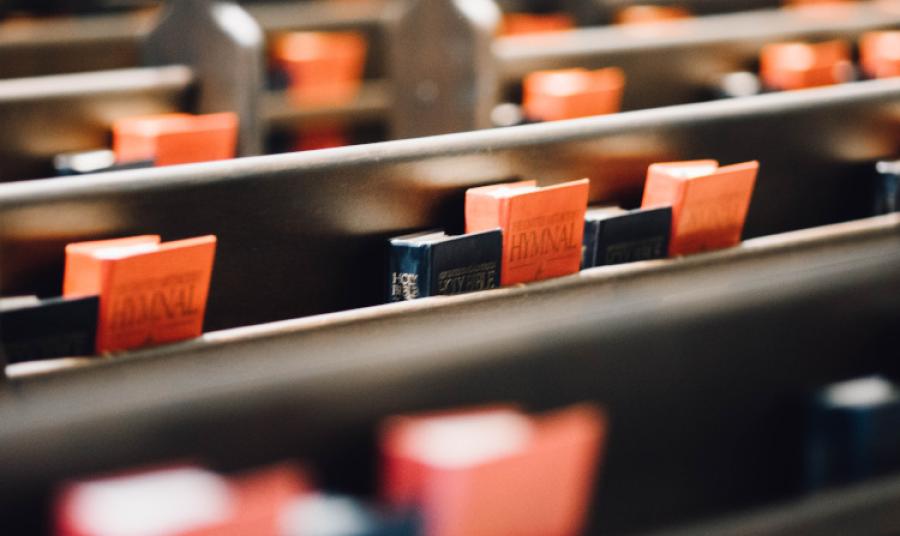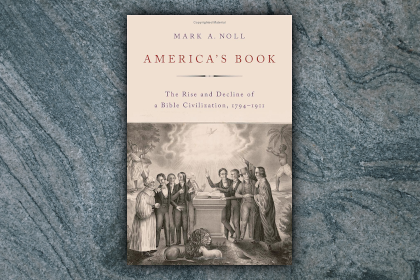COVID-19 and Religious Freedom
Image

The current COVID pandemic has affected almost every area of life in America, including normal church activities. Most churches cancelled every meeting initially, with some opening up partially and others completely after awhile, while still others remained closed. In many cases, these decisions were made by the churches themselves, but for others, decisions were forced upon them by governmental edict. Details vary from state to state and the situation highlights the issue of religious freedom with special focus upon the First Amendment of the United States Constitution. Many Christians have given more thought to religious freedom this year than perhaps ever before. What has this pandemic taught us about religious freedom in America?
Churches Are Subject to Some Government Regulations
Contrary to the thinking of some, churches are not entirely exempt from government authority. Building codes, zoning ordinances, and similar requirements affect houses of worship as much as they do businesses and private citizens. Just because a building is used for religious purposes does not exempt it from regulation. Government has a legitimate role in the welfare of all citizens, and churches must comply with the same safety regulations that apply to everyone else. Government has a legitimate role in protecting citizens from various dangers, including diseases.
Churchres Are Protected with Special Safeguards
The legitimate authority of government over churches is not unlimited. The First Amendment prohibits government from impeding free exercise of religion, and therefore churches enjoy constitutional safeguards that are not enjoyed by others.
Even more, churches enjoy the very highest level of constitutionally protected freedom. The First Amendment protects free speech, freedom of the press, freedom to peaceably assemble and to address governmental grievances. It also guarantees the free exercise of religion. These are the mostly highly protected freedoms in our nation. Americans are blessed to live in a country which guarantees religious freedom, something virtually unknown throughout world history. Until the founding of the United States, Christians enjoyed whatever freedoms their government chose to grant. In America, the Constitution prohibits government from curtailing the free exercise of religion. Religious freedom is not a privilege granted by government, but a constitutionally protected right.
Churches May Not Be Restricted More Than Other Institutions
Within those areas where government has a legitimate right to regulate churches, such as building codes, churches are assured that they may not be singled out for tighter restrictions than others. If restaurants and theatres are granted certain concessions, churches may not be denied those same concessions. The First Amendment insures that churches may not be treated more severely than others. They may be granted greater concessions than others, but never less. With this background in mind, we will now examine how some of these issues have played out in churches across America during the COVID pandemic.
Churches in North Carolina
When the pandemic began, North Carolina Governor Roy Cooper issued severe restrictions on gatherings of all kinds. The allowable number fluctuated several times, but even the highest number was too low to allow most churches to conduct regular meetings. Our church, like nearly all others, suspended all gatherings. We were fortunate to have Livestreaming capacity in place, having invested in cameras and other equipment long ago. Many years ago, we began broadcasting with SermonAudio.com, an excellent streaming service, and have acquired a good number of regular viewers over the years. So when Governor Cooper shut down North Carolina churches, we were equipped to broadcast into the homes of our members who joined us several times a week on their computers. Many churches were not so well prepared for the crisis.
However, several churches took Governor Cooper to court, claiming violation of the First Amendment and the free exercise of religion. The churches won, and the Governor chose not to appeal. I believe that was a wise response on his part. Even if he won on appeal, I think he would have suffered in the court of public opinion. Consequently, churches in North Carolina were removed from restrictions on conducting meetings, and were free to resume gathering at their own discretion. Some, like ourselves, began meeting on a limited basis. We held Sunday morning worship only with careful social distancing, masks, and other safeguards. Why? Because we believed this to be prudent. Most churches followed a similar course, and I am not aware of any major COVID outbreaks in North Carolina churches. Churches voluntarily made wise decisions best suited to their own situation, and religious freedom was preserved. Churches exercised caution out of due concern for the safety of their congregations. In my opinion, this has worked well, and demonstrates to other states how religious freedom ought to function.
Churches in Our Nation’s Capitol
In Washington, D.C., the situation was significantly different. The Mayor prohibited meetings of all kinds, including churches, forbidding both indoor and outdoor gatherings. Capitol Hill Baptist Church, pastored by Mark Dever, secured a large parking lot outside the city, and began open air meetings with a few hundred worshippers. They petitioned the Mayor to allow churches to conduct outdoor meetings on their own property in the City, but were denied. They eventually sued on the basis of the First Amendment, and won. One of their arguments related to the city’s approval of hundreds of people demonstrating outdoors in political protests. If mass outdoor gatherings are allowed under the First Amendment, so must church gatherings. Churches enjoy the same constitutional protections as political assemblies, and may not be restricted more severely than political activities. This argument rests upon a solid Constitutional foundation, and the court ruled in the church’s favor. Free exercise of religion is as equally protected as assembling for political grievances. Governments may not allow one and prohibit the other.
Churches in California
A similar situation unfolded in California where the Governor prohibited all church gatherings but allowed large political demonstrations. Several churches balked at this apparent violation of the First Amendment, and began meeting. Grace Community Church, pastored by John Mac Arthur, is one of the churches that chose to resume gathering for worship. The government imposed heavy fines, and threatened to put offending pastors in jail. Mac Arthur’s trial is soon pending, and Christians are watching with interest. Will the court agree with the Governor, or with the churches? Time will tell.
These situations are not all identical, and courts may well render different decisions in different states. It is possible that final resolution will remain unsettled until decided by the Supreme Court. The philosophy of Supreme Court justices looms large in this situation. We can be thankful for the recent appointees who are committed to a strict interpretation of the Constitution.
What Have We Learned?
Religious Freedom is not absolute, but it is one of the most highly protected rights in American law. This is not surprising when we remember that many early colonists came to these shores fleeing religious persecution. Our nation was founded largely for the purpose of protecting religious freedom. We pray that God will be pleased to preserve this foundational liberty purchased by our forefathers at great cost.
Greg Barkman 2018 Bio
G. N. Barkman received his BA and MA from BJU and later founded Beacon Baptist Church in Burlington, NC where has pastored since 1973. In addition, Pastor Barkman airs the Beacon Broadcast on twenty radio stations. He and his wife, Marti, have been blessed with four daughters and nine grandchildren.
- 14 views

Discussion